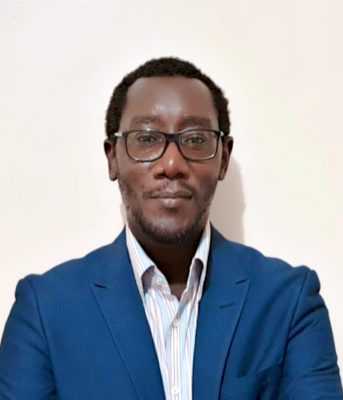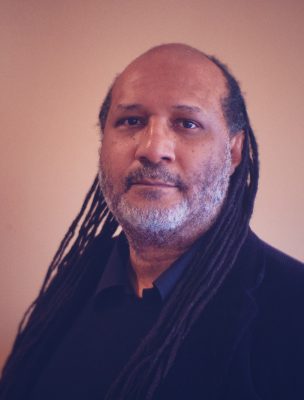A reminder that registration is open for the IBACS Meet & Speak on 4/29! Details can be found below, including the talk title and abstract for our keynote talk by Dr. Takao Hensch at Harvard University. We hope you can join us!
Dear IBACS community,
We are excited to officially invite you to attend the IBACS 2022 Meet and Speak event on Friday, April 29th from 2-6pm.This event will be in-person in Bousfield A106.
Affiliated faculty will give 10-minute talks, most of which are on the research they have carried out, or propose carrying out, with seed funding previously awarded by IBACS. Affiliated graduate students who have received IBACS funding will be presenting 5-minute “datablitz” style talks.
The IBACS Meet & Speak will provide an opportunity to learn more about the diverse research that IBACS affiliates are engaged in, and will provide a forum for cross-disciplinary networking. We hope you can join us, please register here for all or part of the event.
Schedule
2:00PM – Introduction
2:10PM – Faculty Talks (10 minutes each)
3:00PM – Graduate Student Data Blitz (5 minutes each)
3:30PM – Keynote Speaker: Dr. Takao Hensch, Harvard University
Talk Title: Balancing Brain Plasticity/Stability
Abstract: Brain function is largely shaped by experience in early life, creating windows of both great opportunity and vulnerability. Our work has focused on the biological basis for such critical periods, identifying both “triggers” and “brakes” on plasticity. Strikingly, the maturation of particular inhibitory circuits is pivotal for the onset timing of these windows. Manipulations of their emergence can either accelerate or delay developmental trajectories regardless of chronological age. Notably, many neurodevelopmental disorders are linked to alterations in excitatory-inhibitory balance, suggesting shifted critical period timing as part of their etiology. Closure of critical periods in turn reflects an active process, rather than a purely passive loss of plasticity factors. Lifting these brakes allows the reopening of plastic windows later in life, but may also underlie instability in disease states. Thus, understanding how brain plasticity and stability are balanced throughout life offers new insight into mental illness and novel therapeutic strategies for recovery of function in adulthood.
4:30PM – Panel Discussion: Featuring Takao Hensch, Erika Skoe, and Natale Sciolino
Innovations and the intersections of technology in Neuro/Cognitive Science
5:00PM – Wine and Cheese Social in Atrium
A more detailed program including speaker names and talk titles will be shared soon.
Best,
Holly Fitch, IBACS Director
Crystal Mills, IBACS Coordinator

